Introduction
Shiba Inu are known for their spirited and independent nature.
- Families often wonder if Shibas are good with kids
- Understanding their temperament helps in making informed decisions
- Shibas can be great companions with proper training and socialization
- Knowing the breed’s traits is key to fostering a positive environment
- Let's explore if Shiba Inus are a family-friendly breed
1. Natural Temperament
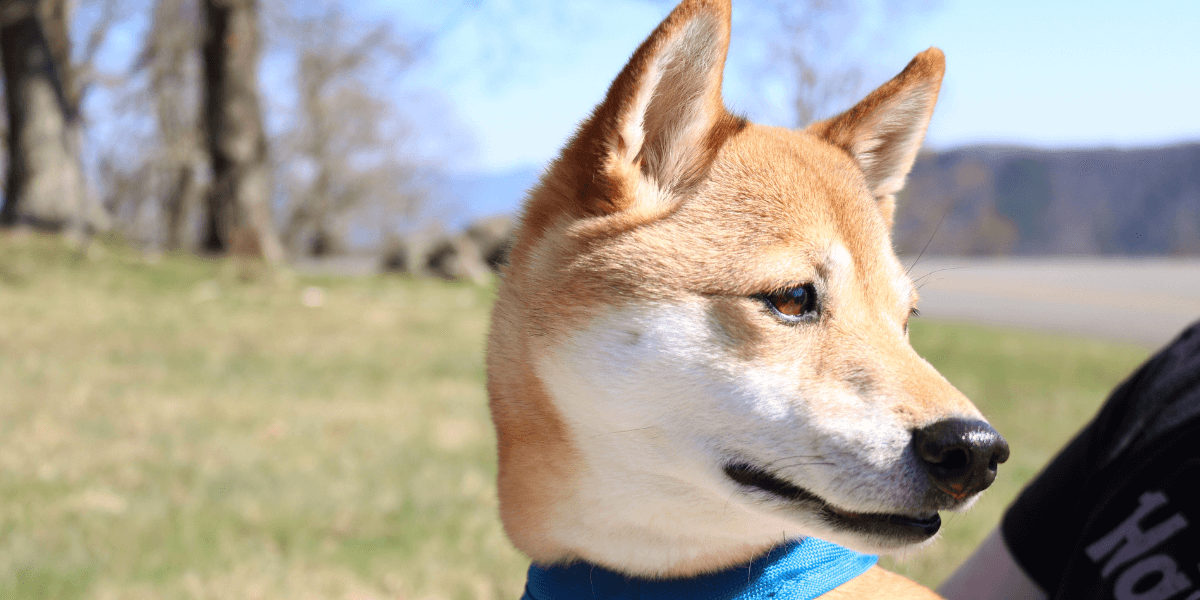
Shibas are alert, active, and independent by nature.
- Alertness: Shibas are naturally vigilant and aware of their surroundings
- Independence: They have a strong sense of independence
- Affection Level: They can be affectionate but on their own terms
- Stubbornness: Shibas may display a stubborn streak
- Intelligence: They are intelligent and quick learners
- Cautiousness: They may be wary of new people, including children
- Loyalty: Shibas are fiercely loyal to their families
- Confidence: They carry themselves with confidence and pride
2. Socialization Needs
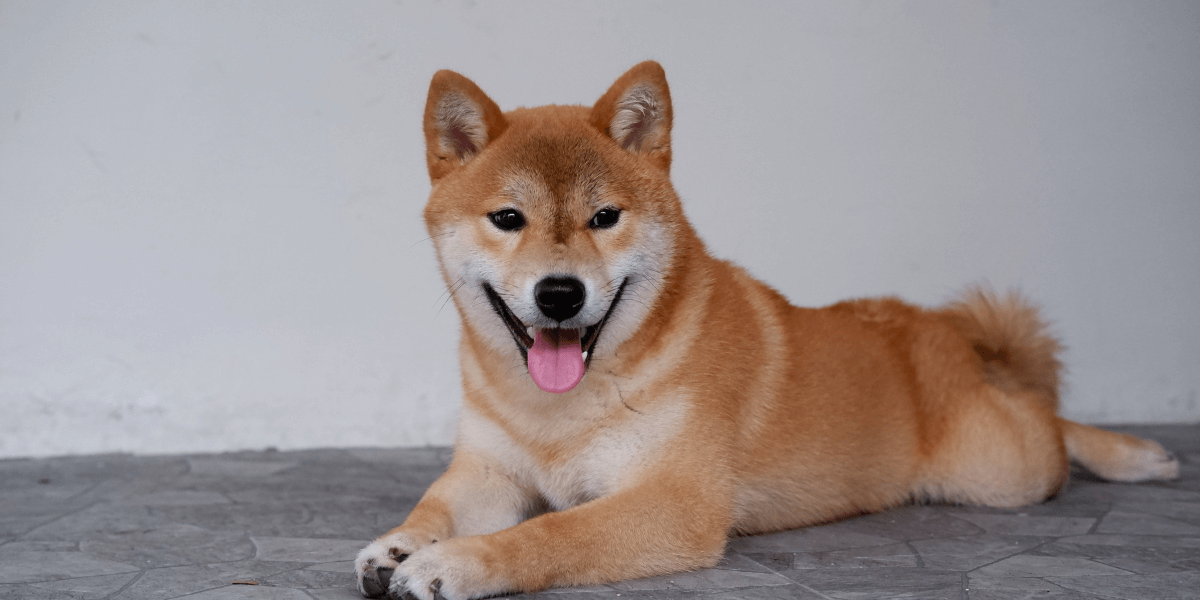
Early exposure helps your dog adjust well to children.
- Puppy Classes: Enroll in puppy classes for socialization
- Play Dates: Arrange play dates with other kids and dogs
- Calm Environment: Keep initial interactions calm and controlled
- Positive Reinforcement: Reward good behavior around kids
- Exposure to Noises: Familiarize them with kids’ noises and movements
- Consistency: Be consistent with socialization efforts
- Gentle Handling: Teach kids to handle the dog gently
- Observe Behavior: Watch for signs of discomfort or anxiety
3. Training Requirements

Training helps your dog understand appropriate behavior around children.
- Basic Commands: Teach basic commands like sit, stay, and leave it
- Positive Training: Use positive reinforcement for best results
- Consistency: Consistency in training helps establish clear rules
- Short Sessions: Keep training sessions short to maintain focus
- No Rough Play: Avoid encouraging rough play with kids
- Leash Training: Train them to walk calmly on a leash
- Redirection: Redirect unwanted behavior with toys or treats
- Professional Help: Seek help if training challenges arise
4. Energy Levels
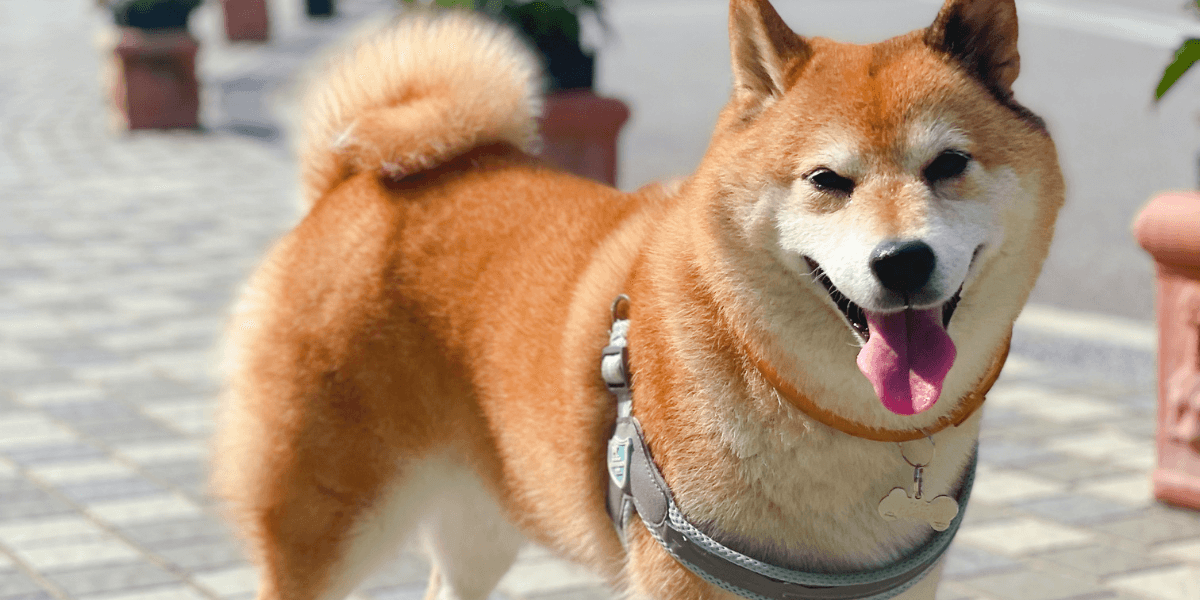
They have high energy and need regular outlets.
- Daily Exercise: Ensure daily walks and playtime
- Interactive Games: Use games like fetch to burn off energy
- Mental Stimulation: Provide puzzles and training for mental engagement
- Structured Play: Set up structured playtime with kids
- Avoid Overexcitement: Monitor play to avoid overexcitement
- Rest Time: Encourage rest periods after exercise
- Hiking Adventures: Plan outdoor adventures to channel energy
- Active Supervision: Always supervise during active play
Learn about Shiba Inu energy levels and how proper exercise can help prevent hip dysplasia in breeds like Great Danes.
5. Size Considerations
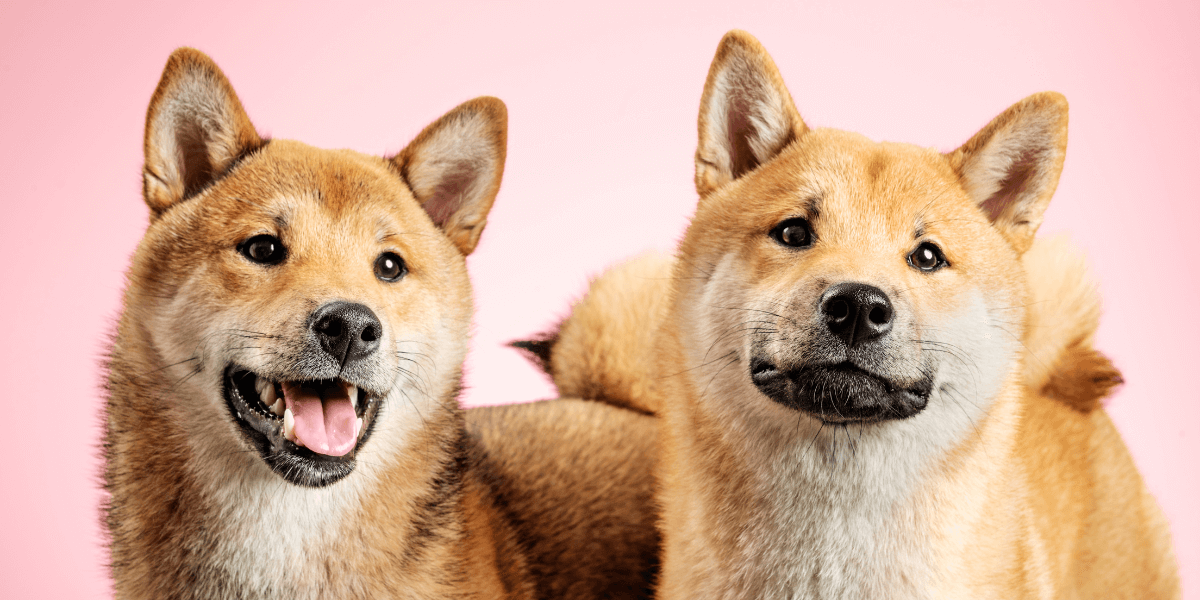
They are small to medium-sized, making them suitable for families.
- Compact Build: They are small and agile, suitable for family homes
- Weight Range: Typically weighs between 17-23 pounds
- Height Range: Stand around 13-17 inches tall
- Strong Body: Despite their size, they are muscular and sturdy
- Maneuverability: Their size allows them to navigate homes easily
- Kid-Friendly Size: Not too large, less likely to unintentionally harm kids
- Manageable Grooming: Coat size makes grooming manageable
- Space Requirements: Suitable for both apartments and larger homes
6. Supervision Guidelines
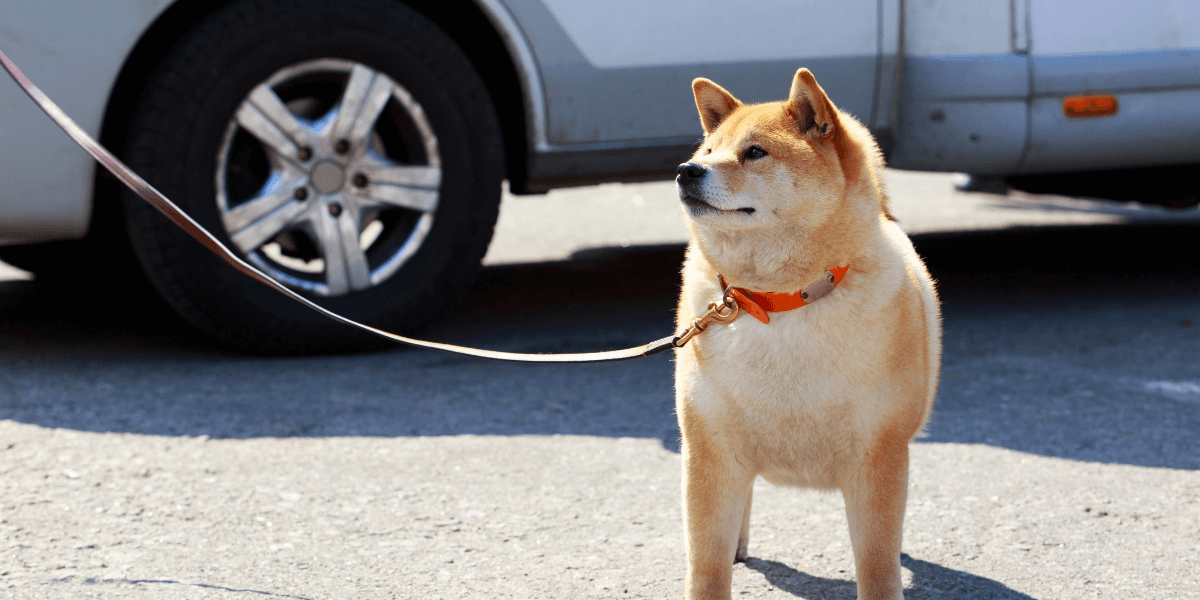
Supervise all interactions to ensure a positive relationship.
- Direct Supervision: Always supervise interactions between kids and dogs
- Set Boundaries: Teach kids how to interact respectfully with dogs
- No Rough Handling: Prevent rough or aggressive behavior from kids
- Watch for Signs: Be aware of signs of discomfort in your Shiba
- Teach Respect: Teach kids to respect the dog’s space and signals
- Avoid Teasing: Ensure kids don’t tease or provoke the dog
- Positive Interactions: Encourage gentle and positive interactions
- Intervene Quickly: Step in if play becomes too rough or tense
Discover essential Shiba Inu supervision guidelines to ensure a well-behaved pet, similar to training a Great Dane.
7. Protective Instincts
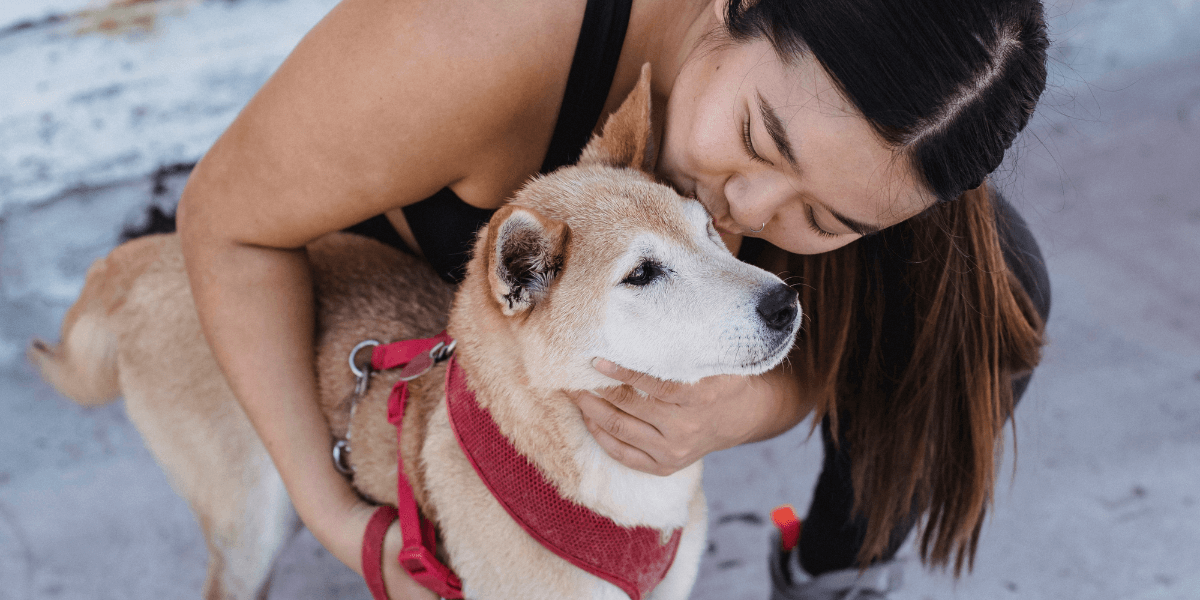
They are loyal and can be protective of your family members.
- Guarding Behavior: They may display guarding instincts with kids
- Bonding Time: Encourage bonding activities to build trust
- Stranger Alertness: Alert to strangers, providing a sense of security
- Training Helps: Train to moderate excessive guarding behavior
- Understand Signals: Learn their signals for comfort and discomfort
- Confidence Building: Build their confidence around new situations
- Routine Establishment: Keep routines to minimize anxiety
- Balanced Exposure: Expose them to a variety of people and situations
Explore Shiba Inu protective instincts and compare them to family-friendly breeds like German Shepherds.
FAQs
1. Are Shiba Inus good with kids?
- Yes, with proper training and socialization
2. Do Shiba Inus like to play with children?
- They can enjoy play but may prefer more independent activities
3. How do I introduce my Shiba Inu to a child?
- Introduce in a calm, controlled environment with supervision
4. Are Shiba Inus protective of their family?
- Yes, they can be protective and alert around strangers
5. How much exercise does a Shiba Inu need around kids?
- Daily exercise of at least 1-2 hours is recommended
6. Can Shiba Inu live at home with young children?
- Yes, but supervision and training are essential
7. Do Shiba Inus need special training to be around kids?
- Basic obedience and socialization training are highly recommended
Conclusion
- Shiba Inu can be great with kids when properly trained
- Early socialization helps them adapt to a family environment
- Establish boundaries and supervise interactions for safety
- Understanding their unique traits is key to a happy family
- Shibas bring joy and loyalty to families who understand them
- Consider adopting a Shiba Inu if they match your family’s needs



